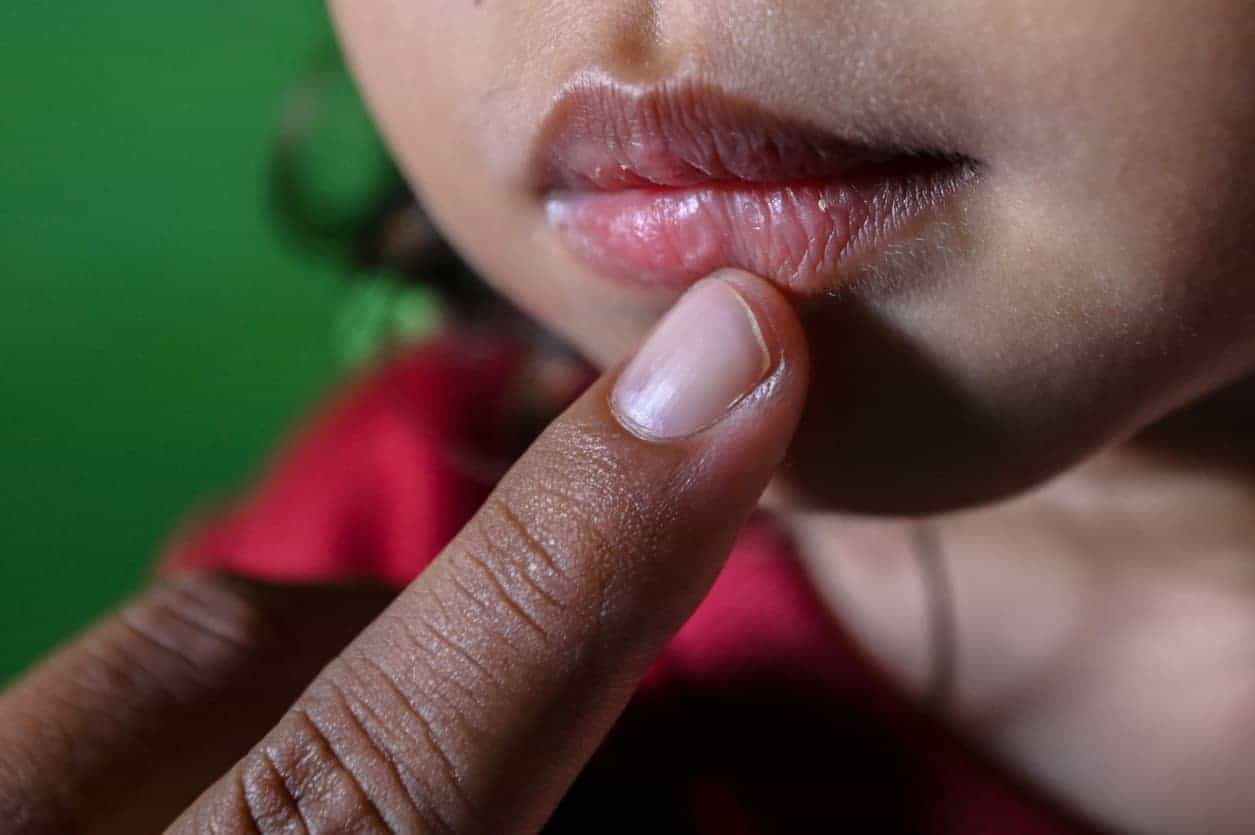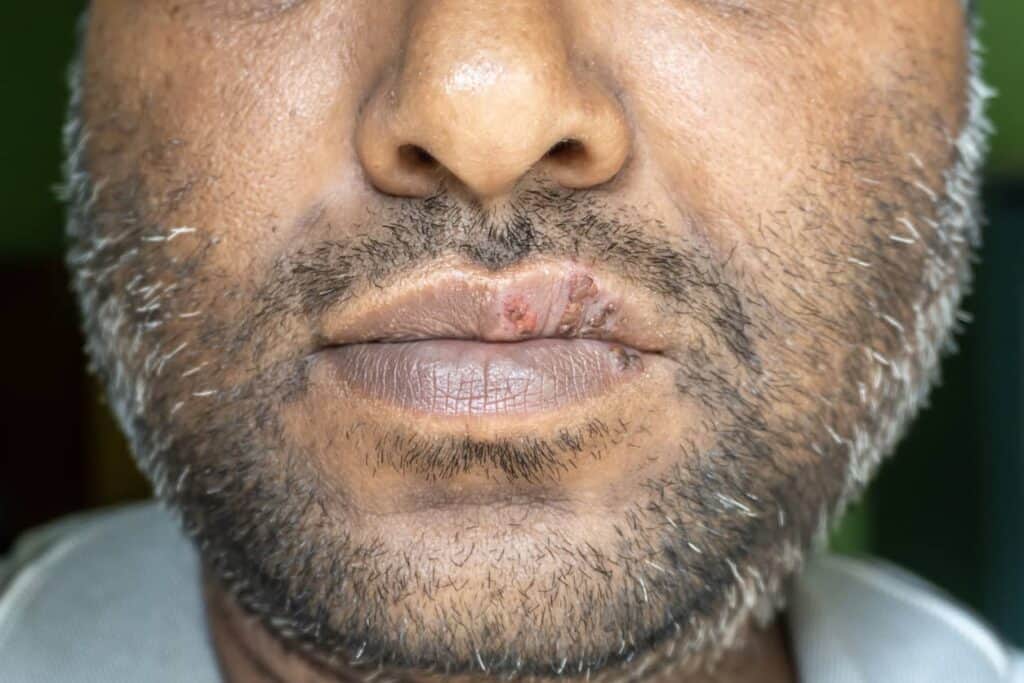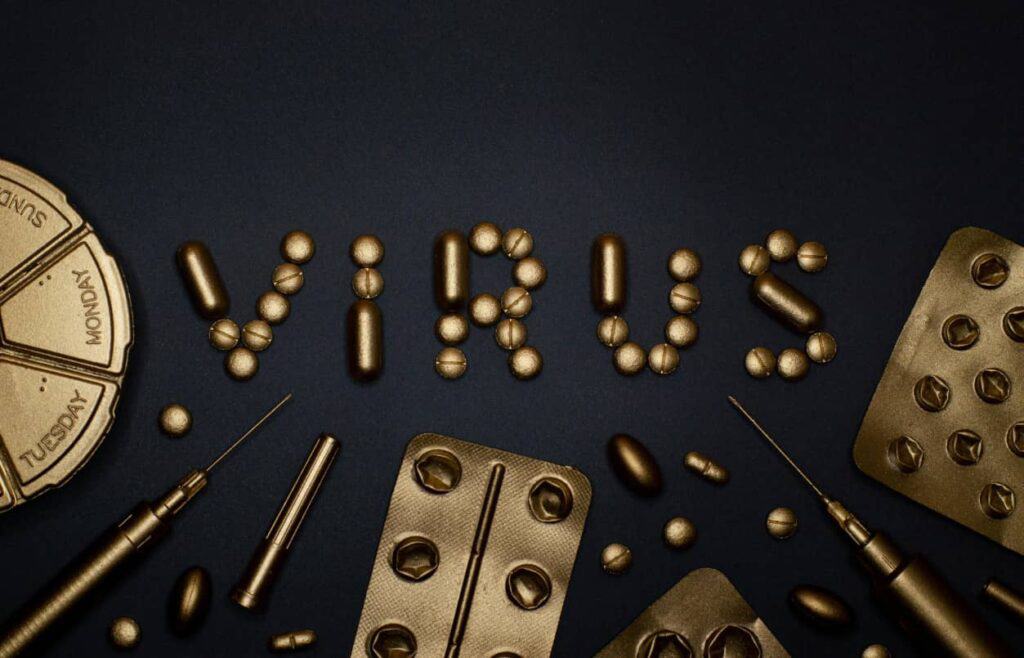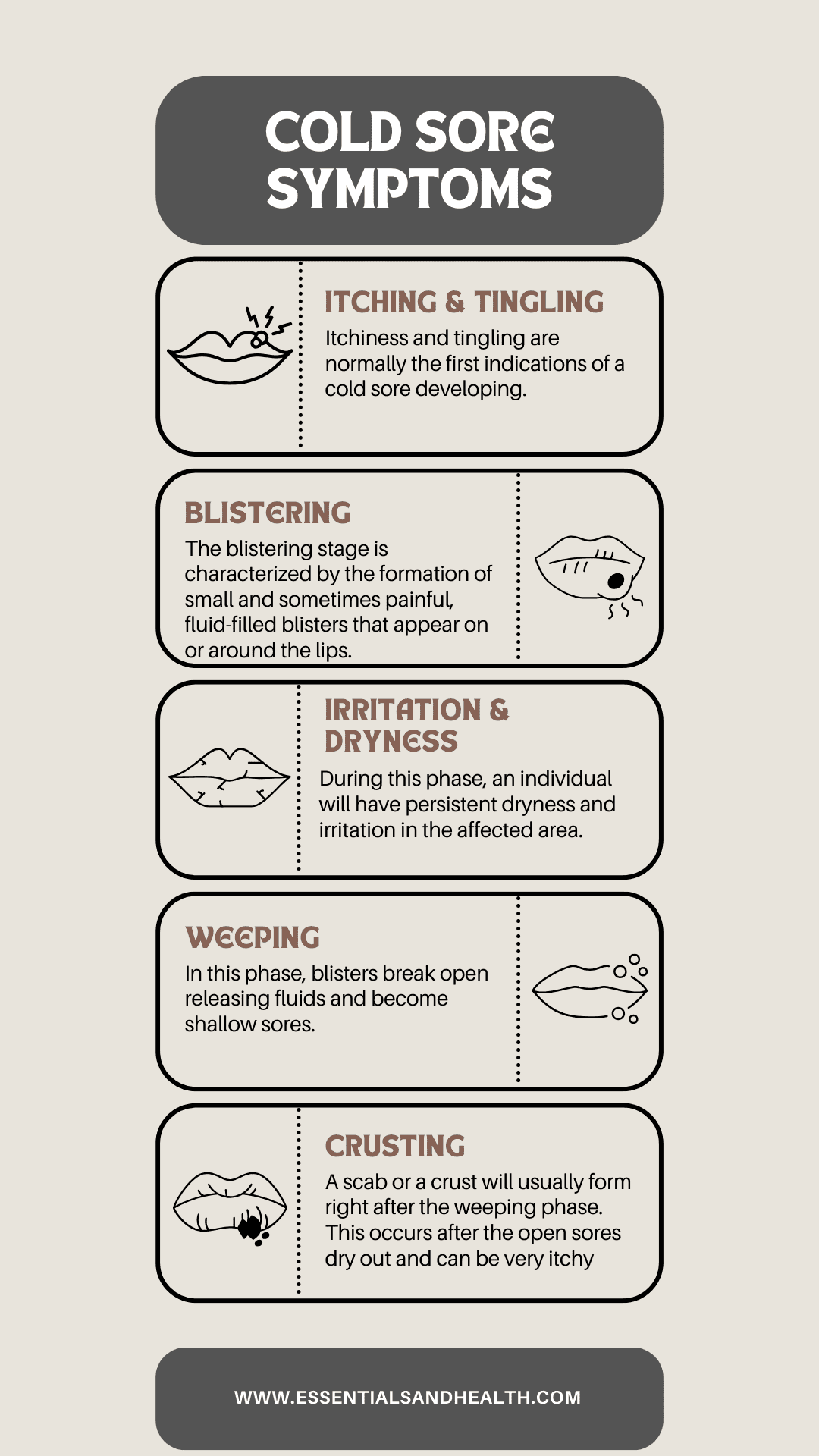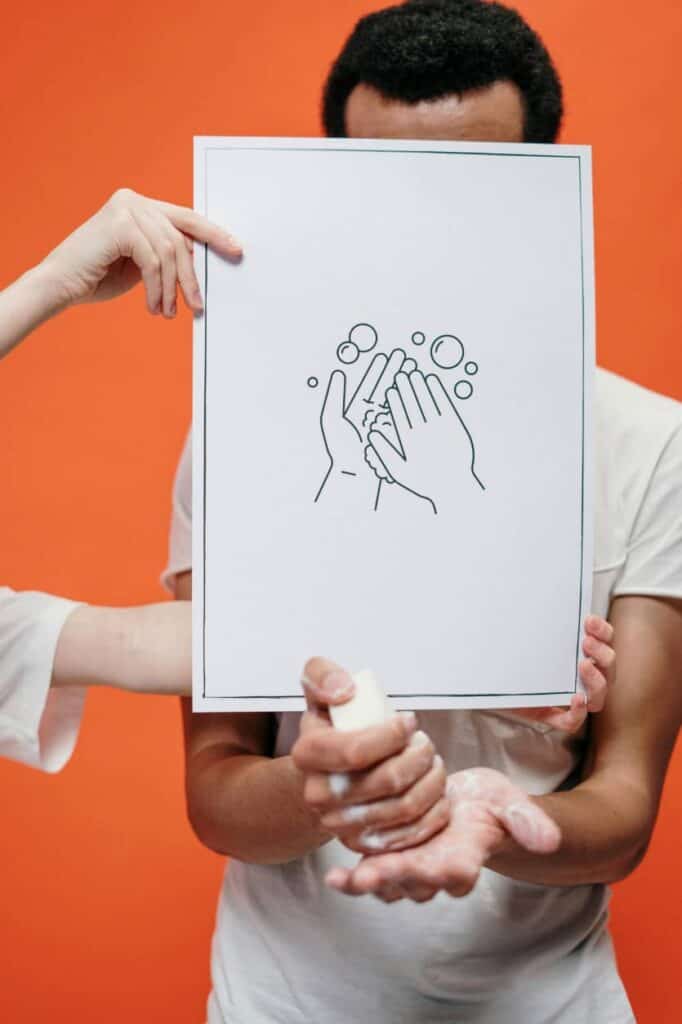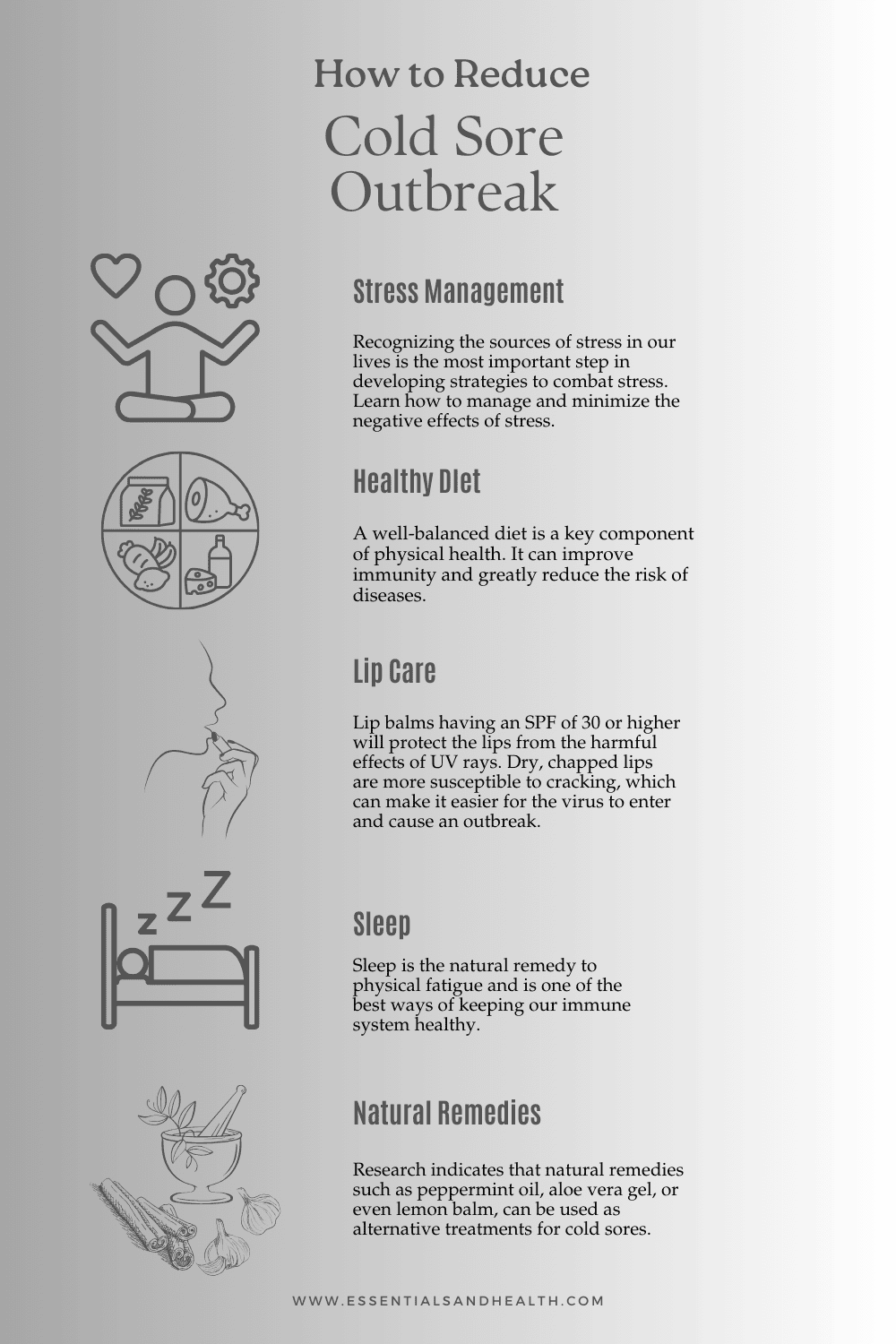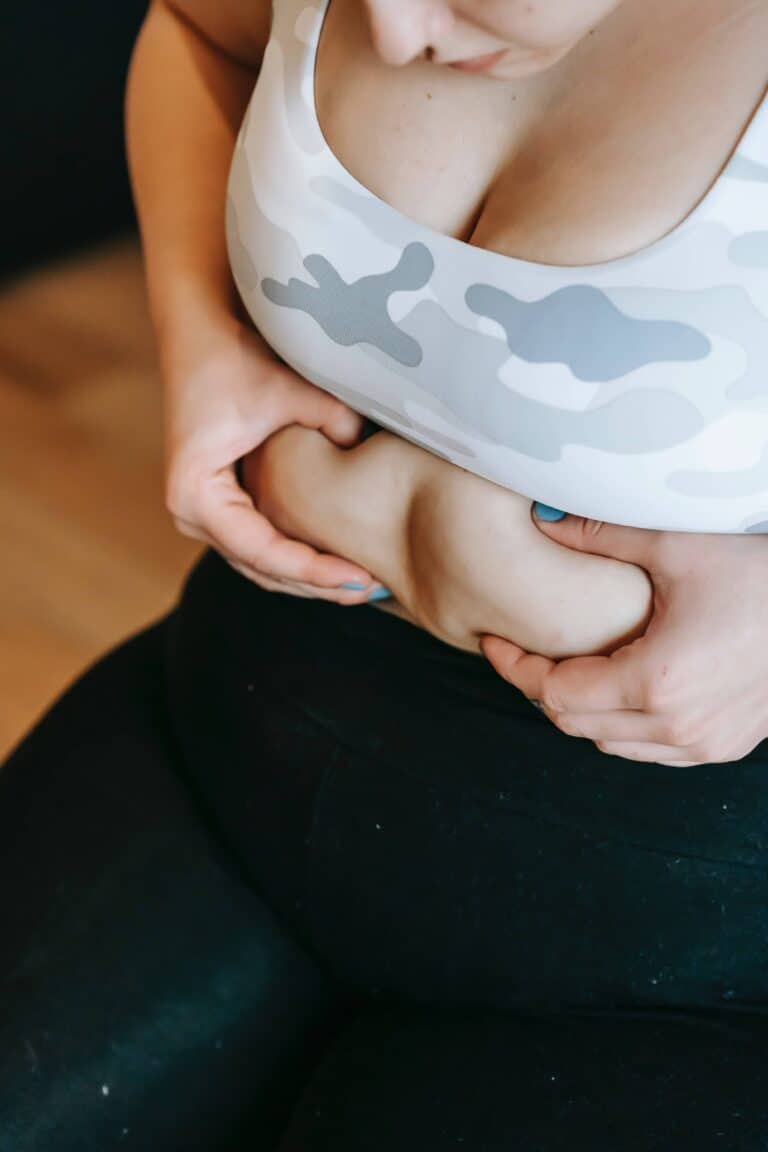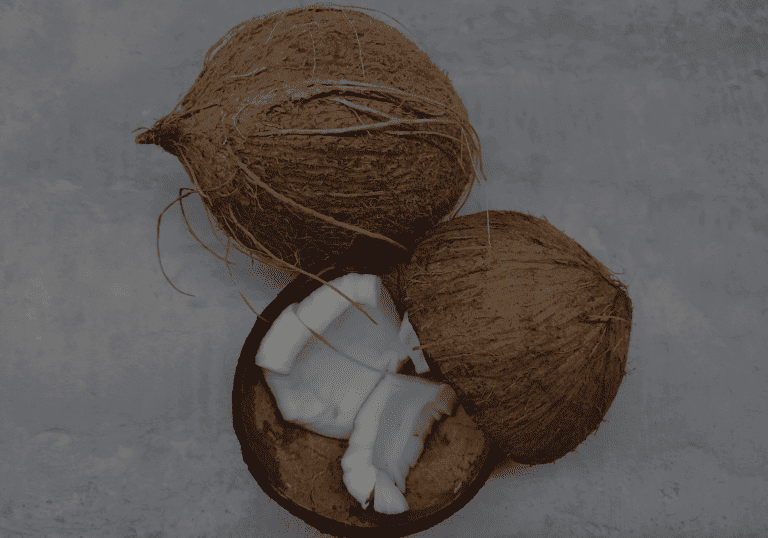Little-Known Ways to Get Rid of Cold Sores
Our content is reader-supported. This means we’ll receive a small commission if you purchase through one of the product links. This helps support the website and allows us to continue creating blogs like this one. Thank you in advance for the support!
Anyone with the displeasure of dealing with a cold sore would know how unsightly and uncomfortable they are.
These minor, fluid-filled annoyances are a trustworthy source of discomfort and embarrassment.
In today’s blog, we will share our experience with cold sores and how to get rid of them naturally.
While there is no cure for this contagion, we have compiled this comprehensive guide to alleviate the symptoms and enhance healing.
For people like me who tend to have regular reoccurrences of this condition and are looking to minimize their discomfort with this virus, read on to discover effective and natural ways of getting rid of cold sores.
Understanding cold sores
Cold sores (fever blisters) are small, painful, fluid-filled blisters that usually form on or around the lips.
It is a common viral infection that is caused by the herpes simplex virus type 1 (HSV-1)
The virus is primarily transmitted during childhood, typically through direct contact, kissing, or indirectly via shared objects like silverware, shaving equipment, or lip balms.
People infected with the HSV-1 virus will have it throughout their lifetime.
Although very common, not everyone displays the symptoms of this virus, whereas others have sporadic outbreaks.
Cold sores are usually harmless and clear up within 7 to 10 days.
Known to be painful and uncomfortable, cold sores tend to itch and form blisters that break open.
How common are cold sores?
A study published by the National Institute of Dental and Craniofacial Research states that around 90% of the U.S. population has been infected with the HSV-1 virus, even though many are asymptomatic.
Causes and triggers of cold sores
Compromised Immune System: A weakened immune system increases the chances of a cold sore outbreak.
In addition, the strength of our immune system determines the frequency and severity of illnesses in general.
Fevers, colds, and flu are well-known ailments that will impair our immune system.
Hormonal Changes: Conditions such as pregnancy and menstruation, which cause fluctuations in hormone levels, can trigger a cold sore.
According to Biomedcentral.com, hormonal imbalance may also trigger the HSV-1 virus, resulting in a fever blister.
Fatigue: Extreme tiredness or fatigue can contribute to a cold sore outbreak. Fatigue weakens the immune system.
This will make our body less effective in fighting infections and increase the likelihood of a cold sore outbreak.
Emotional Stress: Emotional stress is another condition that can trigger a cold sore.
This condition weakens our immune system, preventing the mind from functioning properly.
Research from the National Center for Biotechnology Information indicates a connection between stress and the HSV-1 virus.
Prevention tips for avoiding cold sores
Given the contagious nature of HSV-1 and its primary transmission mode through physical contact, our initial advice is to abstain from direct or close contact with individuals exhibiting symptoms of an outbreak.
Another recommendation is to practice good hygiene, such as hand washing and practicing self-isolation when ill.
Avoid sharing personal items such as razors, lipstick, lip balm, or other cosmetic products.
Lifestyle changes to manage and reduce cold sore outbreaks
Developing and Employing Good Stress Management Skills
Here are a few examples:
Identifying Stressors: Recognizing the sources of stress in our lives is the most important step in developing strategies to combat stress.
Common everyday stressors such as relationship issues, major life events, or even financial concerns may be the source of stress.
We recommend monitoring the different situations in your life that lead to anxiety.
Analyze the possible reasons why those particular situations cause tension and understand the impact they are having.
The Deep Breathing Method: I am sure we have all seen athletes practicing this technique when things become tense.
The deep breathing method helps to calm the body’s stress response. It involves inhaling deeply through the nose and holding that inhale for a few seconds.
The next step involves exhaling slowly through the mouth and then repeating that process.
Give it a try the next time you are feeling perturbed.
Recreational activities: Recreational activities provide an opportunity to relax and unwind and can be a good source of mental stimulation.
Examples include fishing, singing, camping, hunting, sports, and gardening.
Consistent engagement in these pursuits will improve self-esteem, elevate mood, mitigate burnout, and foster a more balanced approach to work and personal life.
Recreational activities are crucial to our overall health and wellness.
Implement a Healthy Diet
A diet having the right balance of nutrients from different food groups is essential to our well-being.
A balanced diet is a crucial pillar of good health. Here are some of the positive effects that a healthy diet can have on the body:
Immunity: A healthy diet provides the body with the necessary vitamins, minerals, and antioxidants that enhance the immune system.
Should we contract those same illnesses, we stand a greater chance of resisting infections and diseases and having a shorter recovery period.
Energy Source: Nutrient-rich food, unlike processed or sugary foods, is a healthy energy source without massive drawbacks.
Longevity: According to the Harvard T.H. Chan School of Public Health, a healthy diet is one of the five factors for a longer and healthier lifespan.
In short, a diet consisting of whole grains, fruits, vegetables, and nuts, in addition to a conscious effort to reduce sugary drinks and processed foods, will have a positive effect on longevity.
Practice lip care
Lip care refers to the different practices that we utilize to promote and maintain healthy lips.
Lips that are free of discomfort and have a soft and beautiful texture, in addition to having their natural color, are lips that we considered healthy lips.
Here are a few tips to consider:
Moisturize: We recommend using lip balms or lip oils as they help keep the lips moist.
Lip balms having an SPF of 30 or higher will also protect the lips from the harmful effects of UV rays.
Prioritize products that contain hydrating ingredients such as shea butter, coconut oil, or hyaluronic acid.
Hydrate: Drinking adequate amounts of water will keep the lips hydrated. This will prevent cracking and dryness.
Avoid smoking: Smoking encourages lip discoloration as it causes the lips to become darker, in addition to developing fine lines and wrinkles around the mouth.
Smoking contributes to lip dryness and tissue irritation, increasing the risk of soreness, discomfort, and inflammation.
Our lips are more sensitive than our skin as they lack oil glands.
Healthy lips are a sign of self-care and can help with our well-being.
Practice Good Sleep Habits
Sleep is another crucial component of our well-being, and like our diet, its effect on our body is wide-reaching.
We have a dedicated blog about sleep and its importance, but the big takeaway is that sleep mitigates physical fatigue and is one of the best ways of keeping our immune system healthy.
Natural remedies and alternative treatments for cold sores
Lemon Balm
Known scientifically as Melissa officinalis, lemon balm is an herb native to Central Asia and Europe, although it can be found in many places nowadays.
It is known for its lemon scent, even though it is a member of the mint family.
Used as a traditional medicine, there are suggestions that topical ointments containing lemon balm encourage healing and can soothe cold-sore symptoms.
Pepper Mint Oil
Peppermint oil is a natural extract from the peppermint herb, known scientifically as Mentha piperita.
This oil contains natural chemicals, such as menthol, which gives the oil its distinct scent and the cooling sensation it exudes.
It has many uses, from personal care to aromatherapy and even for culinary purposes.
Peppermint oil is a traditional medicine to relieve headaches, muscle pain, and even indigestion.
An abstract published by ScienceDirect.com suggests using peppermint oil as a natural remedy for cold sores.
As with any essential oil, we recommend diluting peppermint oil with a carrier oil before topical application.
Licorice root extract (Glycyrrhiza glabra)
The Glycyrrhiza glabra plant, known as licorice, is a medical plant native to Asia.
It belongs to the Leguminosae or Fabaceae family, which includes well-known members such as peas, beans, and peanuts.
The unpeeled dried roots of the Glycyrrhiza glabra plant have been long used as a form of traditional medicine. They can be used to fight against cold sores, according to research found on the National Center for Biotechnology Information.
Aloe Vera Gel
Aloe vera gel is a thick, clear substance from the leaf pulp of the Aloe vera plant. It is a natural product that contains numerous vitamins and essential amino acids.
Aloe vera or its extract is a common ingredient used in cosmetic products due to its wide range of benefits to the skin.
It is also used medically and is known for its anti-viral and anti-inflammatory properties.
According to a study published by the National Library of Medicine, aloe vera gel can be used as a topical treatment for HSV-1, which causes cold sores.
Cold Sore Treatments
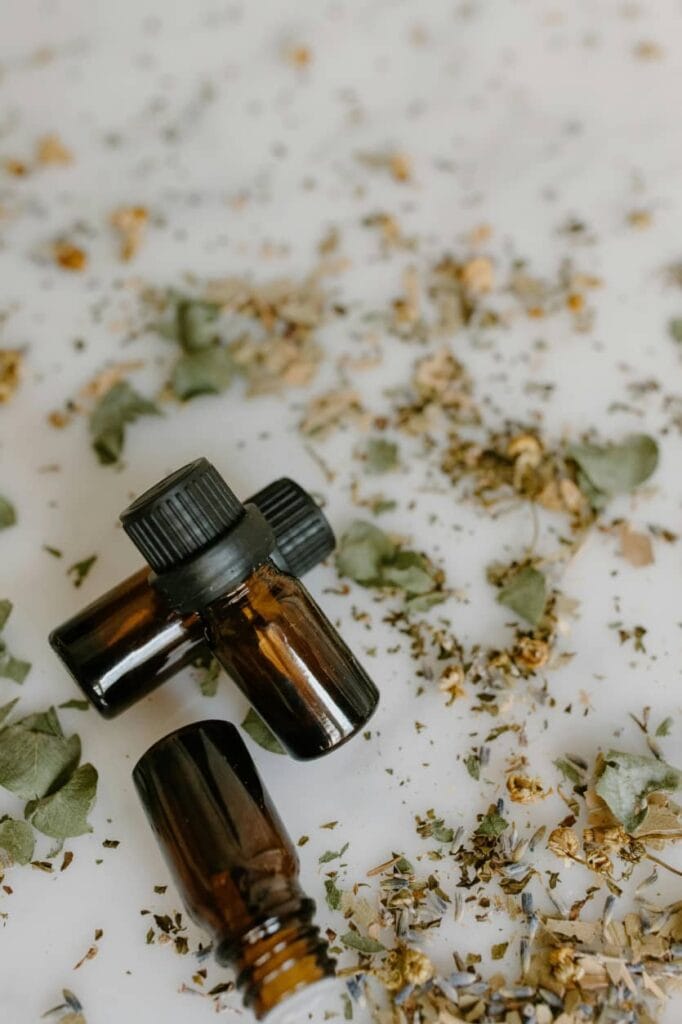
Dietary supplements that support immune health may help lower the risk of developing a cold sore.
Conclusion and final thoughts
Understanding cold sores is key to learning how to get rid of them.
Although greatly uncomfortable and often embarrassing, cold sores are not serious and can be managed with preventative measures and treatments outlined in this blog.
How do you rid your lips of cold sores?

